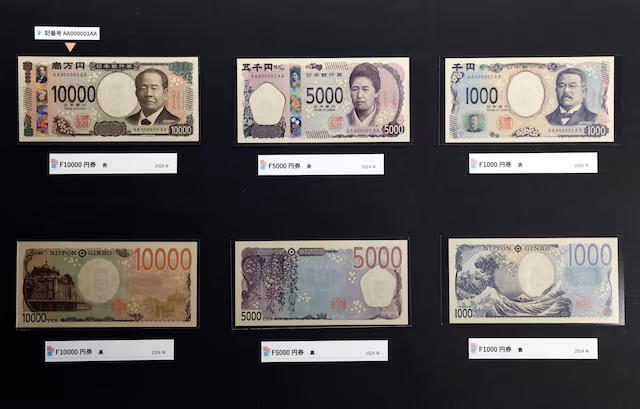News
World’s First Yen-Pegged Stablecoin Launched in Japan

Japan on Monday launched the world’s first stablecoin pegged to the yen — a small but significant step in a country where many consumers still prefer traditional payment methods like cash and credit cards.
Japanese startup JPYC began issuing its stablecoin, also called JPYC, which is fully convertible into yen and backed by domestic savings and Japanese government bonds (JGBs).
The company aims to issue JPYC tokens worth 10 trillion yen ($66 billion) within three years and expand their use globally. To encourage adoption, JPYC will initially charge no transaction fees, instead generating revenue from interest earned on its JGB holdings.
“We hope to drive innovation by offering startups lower transaction and settlement costs,” CEO Noritaka Okabe said at a press briefing. “Increased global interoperability will also benefit us, so we’re open to capital partnerships.”
Blockchain-based stablecoins are typically linked to fiat currencies and enable faster, cheaper transactions.
According to the Bank for International Settlements, with strong backing from former U.S. President Donald Trump, dollar-linked stablecoins have surged and now account for over 99% of global stablecoin supply.
The Nikkei Daily reported earlier this month that global interest in stablecoins is rising, with Japan’s three megabanks planning to jointly issue their own versions.
However, Tomoyuki Shimoda, a former Bank of Japan executive now teaching at Rikkyo University, said yen-backed stablecoins are unlikely to grow as rapidly as those linked to the U.S. dollar — the world’s primary reserve currency.
“There’s still great uncertainty over whether yen-based stablecoins will become mainstream in Japan,” Shimoda said. “If megabanks enter the market, growth could accelerate, but it may still take at least two to three years.”
Policymakers have voiced concern that stablecoins could facilitate fund movements outside regulated banking systems and weaken the role of commercial banks in global payment flows.
Last week, BOJ Deputy Governor Ryozo Himino said in a speech that “stablecoins could emerge as a major player in the global payment system, potentially replacing some functions of bank deposits,” urging global regulators to adapt accordingly.
Elsewhere in Asia, South Korea has pledged to allow companies to issue won-based stablecoins, while China is considering permitting the use of yuan-backed stablecoins.
(1 USD = 150.78 yen)
